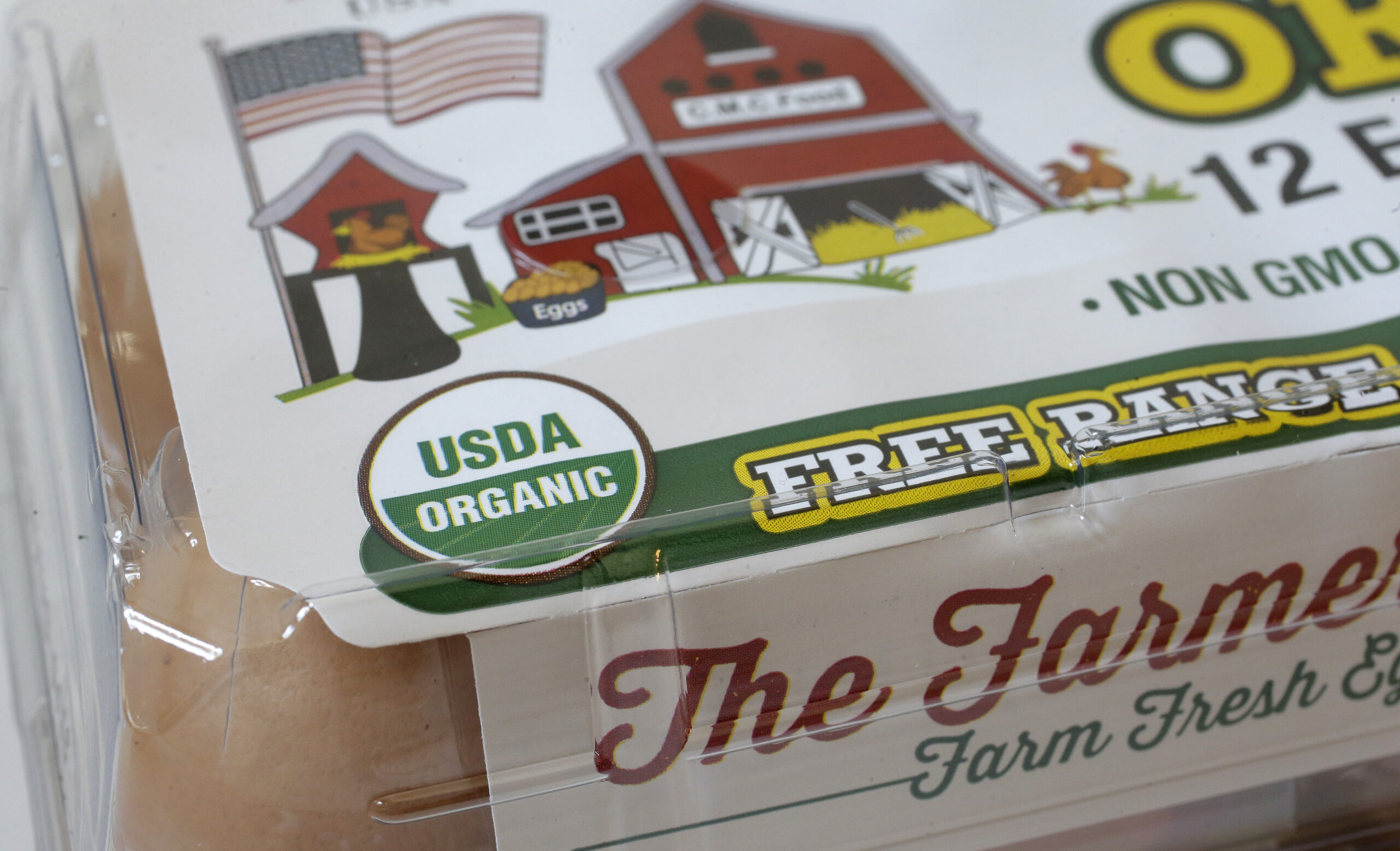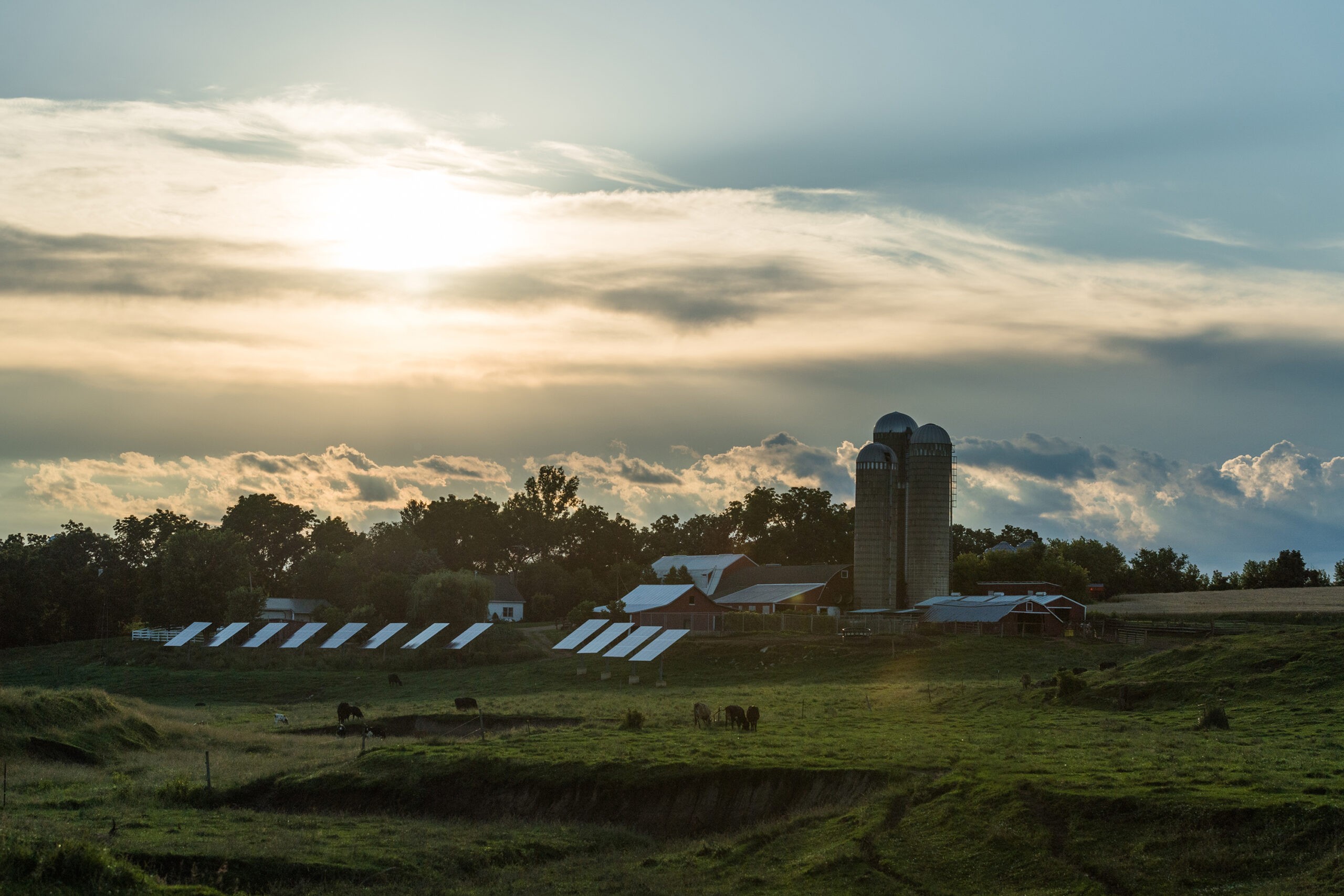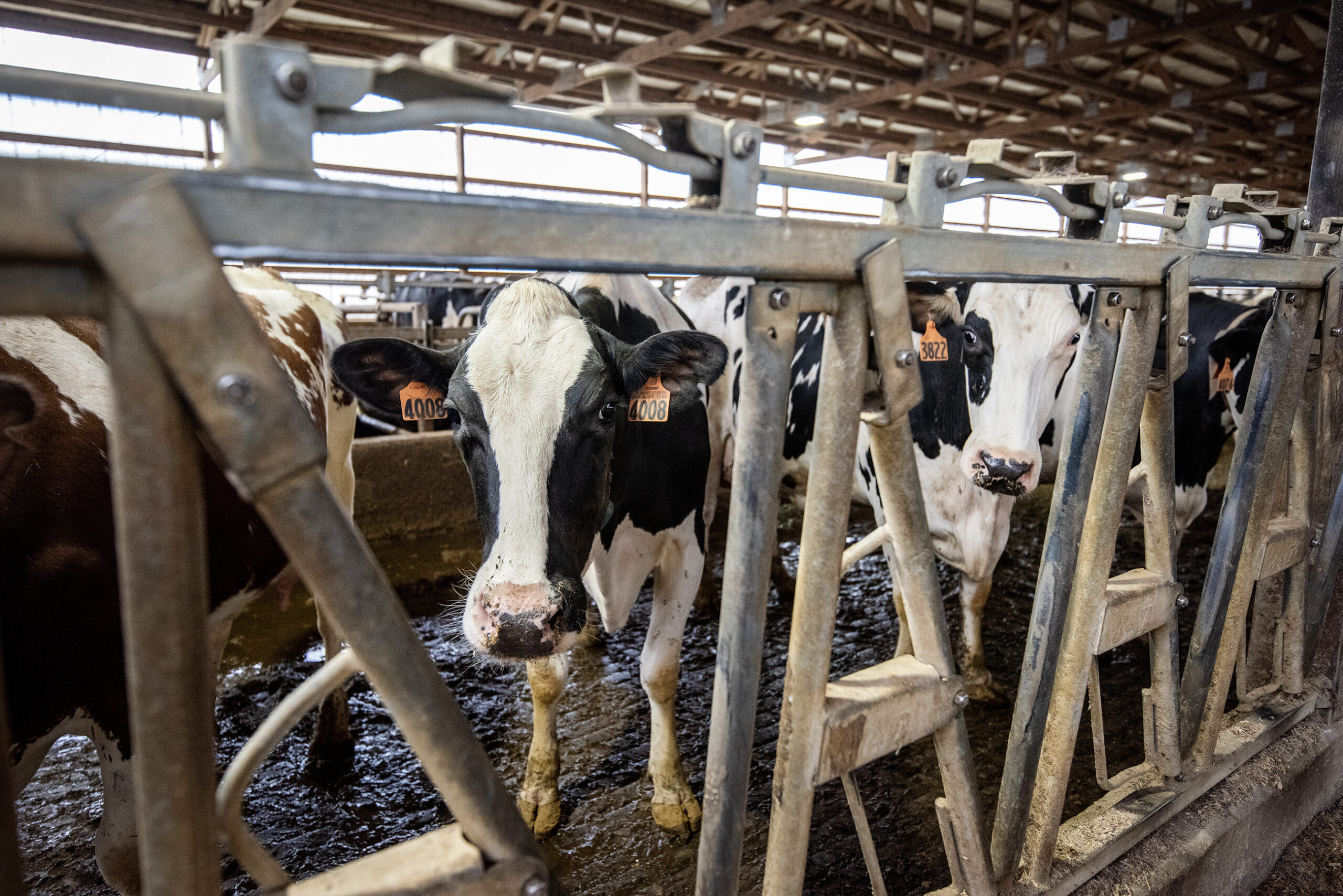Over the last two years, consumers have seen food prices rise at grocery stores. But a new report shows the pressure hasn’t hurt sales of organic food.
The Organic Trade Association’s annual industry survey found that U.S. sales of certified organic products hit a record high in 2023, at $69.7 billion dollars.
The report found that the 3.4 percent growth in sales from 2022 was driven in large part by increased prices, much like trends in the general retail food market. Tom Chapman, the association’s co-CEO, said keeping pace is a positive sign for the organic market, which has recently been through several tumultuous years.
Stay informed on the latest news
Sign up for WPR’s email newsletter.
“Shortly after the pandemic, we saw a massive spike in purchasing,” he said. “Organic grew year-over-year at 12 percent. Then we saw a slowdown after that as it corrected for that and as we dealt with both supply chain issues and inflationary issues. So we see this as the trajectory on our return to normalcy.”
Chapman said higher prices across the retail food sector and the rest of the economy does impact what he calls aspirational consumers of organic, referring to buyers who are interested in the industry’s environmental and ethical standards but have tighter budgets that prevent them from easily buying the premium products.
“Unfortunately, organic is more expensive and so they have to make rational decisions on what’s going on,” he said. “We’ve generally seen that folks have stayed with organic through this time period, but what we’ve actually been seeing is people are just buying less products.”
But Chapman said prices for organic have not increased as much as conventional foods, narrowing the price gap between the two products. He said it’s a positive sign for the future of the industry.
As organic market matures, farmers face new pressures, opportunities
Wisconsin has a wide variety of organic food production, according to Erin Silva, organic agriculture professor at the University of Wisconsin-Madison. That includes vegetables grown for both fresh and canned markets, dairy and grain production.
Silva said the association’s report shows that organic is no longer a new industry experiencing large jumps in growth.
“We’ve had over 20 years now of a National Organic Program, and the industry is, I think, reaching a different stage of maturation,” she said. “So to see slower growth, I don’t think is necessarily something to be surprised about.”
She said organic continues to attract younger and beginning farmers in Wisconsin, though the state has seen a decline in organic dairy farms similar to the conventional industry.
Silva said the established market has also meant that organic producers are facing growing pressures from the international market, with more farmers growing food outside of the U.S.
“The challenge is ensuring the integrity of organic products, whether they’re domestic or international products being imported,” she said. “It’s an area where the federal government, after hearing the voices of organic farmers, is increasingly putting investment.”
Chapman said organic’s place on the international market is also an opportunity for U.S. producers to expand sales and bring more resiliency to the market. The Organic Trade Association recently received $2.5 million from the U.S. Department of Agriculture to develop new export markets.
“You may think it has to be a large business to export,” he said. “I worked at a small organic tea company, and we were exporting to 15 countries 10 years ago. So there’s a lot of opportunities here for businesses of all sizes.”
Chapman sees competing food label claims like “natural” or “regenerative,” which are not regulated, as the biggest challenge for the organic industry moving forward. Although the organic market has matured, he said the industry still needs to invest in educating consumers about the strict standards behind the organic seal.
Wisconsin Public Radio, © Copyright 2024, Board of Regents of the University of Wisconsin System and Wisconsin Educational Communications Board.




